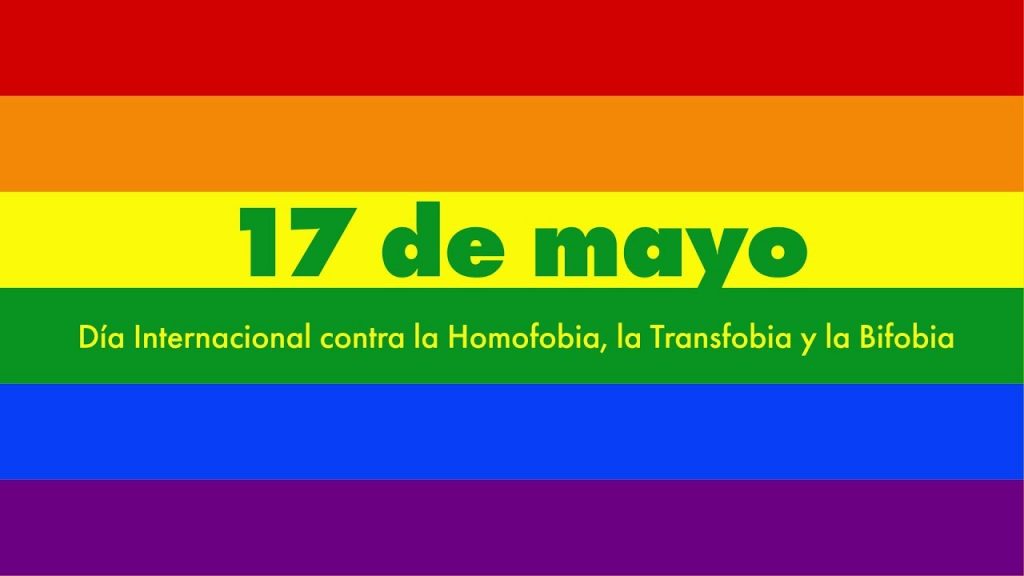International Day against Homophobia, Transphobia and Biphobia is commemorated on May 17. This is a very important day for the region due to the fact that violence against LGBTIQ+ individuals is prevalent throughout Latin America. The IACHR has found that there are concerning trends related to the right to access to justice of members of the LGBTIQ+ community. There is a dearth of reporting and official statistics due to the lack of knowledge and training of police agents, prosecutors and other officials who receive complaints. This leads them to confuse basic concepts, fail to identify violence that is based on prejudice, and hinder state responses to such cases.

It is in this context of commemoration that we highlight the most recent ruling of the Inter-American Court of Human Rights in the case of Azul Rojas Marín and Others vs Peru, the first sentence issued by the body in the case of a trans person. Azul Rojas’ rights to freedom and personal integrity, private life, judicial guarantees and not to be subjected to torture were violated in a case that involved state violence, sexual violence, discrimination and torture perpetrated by police agents as well as obstruction of justice.
The sentence is illustrative in several ways, and is of special interest for the issue of access to justice for at-risk individuals and those who have historically faced discrimination. One interesting consideration is based on the violation of Azul Rojas’ right to personal freedom. The Court presumed (something that is infrequent in its case law) that they were detained in the context of an identity check that was discriminatory in origin and thus did not respect the criteria for stopping someone to identify them in accordance with the country’s Criminal Procedure Code. The entity thus found that Azul’s right to personal freedom was violated.
In regard to judicial guarantees and protection, the Court established that the State did not act in accordance with the human rights standards derived from the Istanbul Protocol and WHO Guide for legal and medical care of victims of sexual violence. It found the State negligent in its investigation of the crime of sexual torture and that it did not duly respect: i) the prohibition against revictimization in evidentiary judicial proceedings; ii) promptness in conducting the necessary examinations and forensic tests, such as a medical examination; iii) ensuring that existing material evidence is properly stored so that it can be submitted for forensic testing; and iv) conducting a criminal investigation that is free of stereotypes that would impede the impartial weighing of the facts. As such, the Court found that the State violated Azul Rojas’ right to judicial guarantees, judicial protection and respect for the rights enshrined in the American Convention on Human Rights.
On International Day against Homophobia, Transphobia and Biphobia, it is important to remember that all governments must ensure that hate crimes and other offenses motivated by prejudice or discrimination based on individuals’ sexual orientation and/or gender identity are investigated and that they strictly adhere to human rights standards, incorporating a gender and non-discrimination perspective in their legislation and justice systems.
